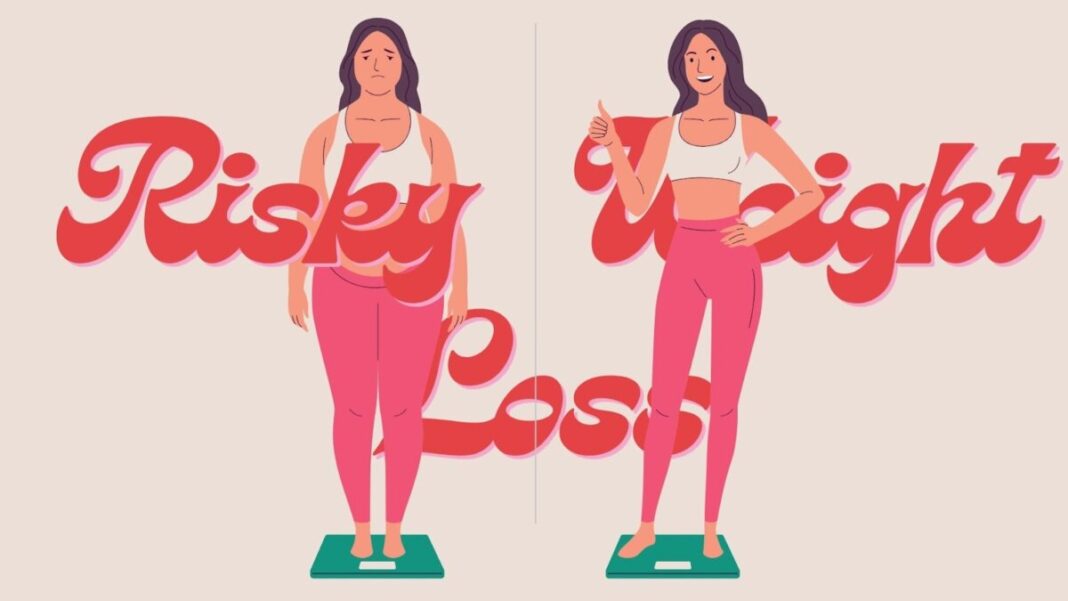What’s viral doesn’t mean it’s automatically safe, especially when it comes to your body.
Social media platforms like TikTok have become a hub for viral health and wellness trends, particularly in the realm of weight loss. From #SkinnyTok to extreme diet challenges, these trends spread rapidly, influencing millions, including Filipinos who are eager to try quick fixes for shedding pounds. However, many of these trends lack scientific backing and can even pose serious health risks. With the recent controversies surrounding TikTok’s promotion of dangerous weight loss methods, it’s crucial to examine whether these trends are safe or simply another form of misinformation.
Hashtag Hangry
TikTok has faced criticism for allowing and sometimes even promoting harmful weight loss content. The platform has previously banned hashtags like #SkinnyTok due to concerns over eating disorders and extreme dieting. Despite these measures, new trends continue to emerge, often disguised as “wellness hacks” or “natural cures.” In the Philippines, where beauty standards usually favor slimmer figures, many users turn to TikTok for weight loss tips, unaware of the potential dangers.
FYP or DIY?: Popular Weight Loss Hacks on TikTok
Ozempic Medication
- Initially, this medication is a diabetes medication, Ozempic (semaglutide), a diabetes medication, has been misused as a quick weight-loss solution, despite serious side effects like nausea, pancreatitis, and thyroid tumors.
Coffee and Lemonade Diet
- Some creators claim drinking a mix of coffee and lemon juice suppresses appetite, but this can lead to dehydration and stomach ulcers.
Rice Water Detox
- A trend promoting rice water as a metabolism booster, despite no scientific evidence supporting its effectiveness for weight loss.
Waist Trainers and Extreme Fasting
- Many influencers promote waist trainers or prolonged fasting, which can cause muscle loss, nutrient
deficiencies, and even organ damage.
These trends often go viral because they promise fast results, but they rarely consider long-term health consequences. These life hacks, which they know can pose a risk to health and the body,
Fast Fix Flop
Medical experts warn that many TikTok weight loss trends are not only ineffective but also dangerous to our bodies. Using drugs like Ozempic without a prescription can lead to severe health complications. Extreme diets deprive the body of essential nutrients, leading to fatigue, weakened immunity, and metabolic damage. Trends promoting rapid weight loss can trigger or worsen eating disorders like anorexia and bulimia. Many trends lack scientific backing, yet they spread quickly due to influencers who may not have medical expertise.
The Philippine Food and Drug Administration (FDA) has previously warned against unproven weight loss products and trends, emphasizing the importance of consulting healthcare professionals before trying any new regimen.
Delulu Diets
The popularity of these trends highlights a larger issue. The lack of reliable health information on social media. Many Filipinos, especially young adults, turn to TikTok for advice instead of medical professionals, putting them at risk of harmful practices. Additionally, the pressure to achieve an “ideal” body type can lead to unhealthy behaviors and long-term physical and mental health problems. Platforms like TikTok have taken steps to remove dangerous content, but users must also be critical of what they see online. Fact-checking, consulting doctors, and avoiding extreme diets are essential to staying safe.
While TikTok weight loss trends may seem tempting, many are unsafe and lack scientific support. Filipinos should approach these viral challenges with caution, prioritizing sustainable and medically approved methods for weight management. Health is not a trend, it’s a lifelong commitment that requires informed choices, not quick fixes. Before jumping on the next viral diet, consider the risks and always consult a professional for advice.

